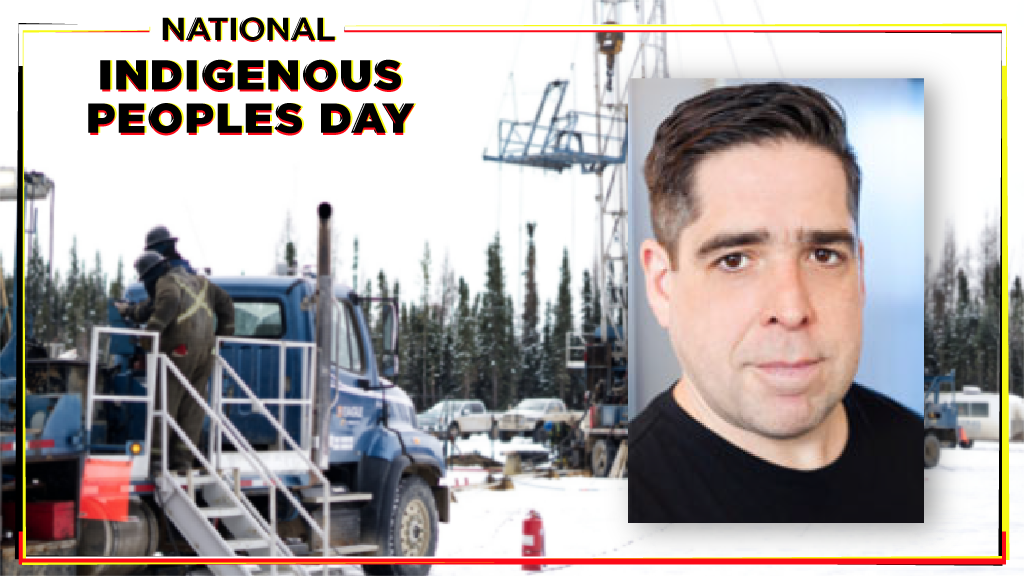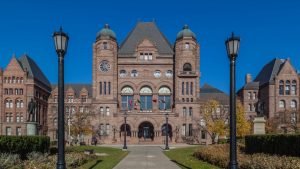Bill C-45 is on its way to becoming law in Canada and with it First Nations are reclaiming more independent governance of the infrastructure that builds the foundations of their communities.
“It’s such a positive story, that nations are taking control of their own affairs and advancing their projects and their community vision,” said Jason Calla, technical director with the First Nations Infrastructure Institute and principal with Temixw Planning Ltd.
Bill C-45 looks to amend the First Nations Fiscal Management Act to give more tools and opportunities for nations to govern their own assets.
An essential component of the bill is the creation of the First Nations Infrastructure Institute (FNII), designed as a First Nations-led organization to support Indigenous groups in creating sustainable infrastructure and asset management.
Involvement is optional.

Reached over the phone on June 15, Calla, a member of the Squamish Nation and resident of North Vancouver, was in Ottawa awaiting the third reading of the bill in the senate. Though the FNII has been around for several years as a part of the First Nations Tax Commission (FNTC), it is not an independent organization until Bill C-45 becomes law. That could happen in the next few weeks.
Calla said the introduction of the First Nations Fiscal Management Act was met with some cynicism in 2005, with detractors saying the optional tools given to nations would only be used by several dozen.
But nearly two decades later, 342 First Nations use the act as part of their asset governance and management. The creation of the FNII is the natural, and essential, extension of that governance.
“Over 150 years ago, First Nations were legislated out of the Canadian economy and federation. We have proven that optional First Nation-led legislation, supported by First Nation institutions, is a key step towards achieving practical economic reconciliation between First Nations and Canada,” said Chief Commissioner of the FNTC, Manny Jules, in a release about FNII’s creation.
While the institute will not function as a funding partner, it will work with Indigenous organizations and nations to “create project teams, build capacity and get projects delivered” while helping participants realize future economic opportunities through comprehensive planning.
“We think it’s a really good opportunity for nations to have some technical support on advancing their infrastructure projects. We know the current system isn’t working very well and that it takes too long to develop projects. They cost too much and they don’t last very long,” Calla said.
Some of the difficulties stem from issues of independence.
“Nations are dependent on federal funding and so that funding may be provided for certain things that Canada prioritizes and not necessarily things that the nation is keen to advance.”
Calla said this arrangement results in the creation of “two worlds.”
“There’s the economic development side and then there’s the member facing side of it. For example, you may have a wastewater system that’s supporting or connecting members to it and Canada may be willing to fund that. But the economic development side, Canada’s not as willing to fund that.”
Calla said, with FNII support, nations can better create business cases that merge the two streams of development through a comprehensive planning approach.
“One system that supports the whole community. The reason why that works is because we think the tools in the fiscal management act can be brought to bear to raise some revenue and we can build a financial case that has some transparency and has a fair and equitable allocation of costs.”
Calla said FNII sees similar challenges from coast to coast in Indigenous communities.
“Managing the procurement process, building the financial case, the management plan for local community involvement. Those are all things that we’re hopeful FNII will support.”
The changes are an essential part of economic reconciliation, he said.
“I think the ability for nations to self-determine and the ability for them to assume more control over infrastructure projects on their land and to do things more in line with their own priorities could have a positive role in enabling communities to lay out a better future for themselves.”
Calla provided an example of work FNII is doing with the Paktnkek Mi’kmaw Nation in Nova Scotia. The nation recently completed some commercial developments and member housing and are now looking to build more.
In order to support future growth in a sustainable way, FNII is working with them to develop a comprehensive wastewater and water infrastructure plan so that economic development can take place in a targeted manner.
Rose Paul, director of lands and economic development with Paktnkek nation, said things have changed in recent decades.
“We’ve come a long way since being told we could only have a small triangle of land to sell beads and trinkets. With the help of FNII, strong financial management training, and our own land code, we’re taking control of our destiny,” Paul said in a news release.











Recent Comments
comments for this post are closed